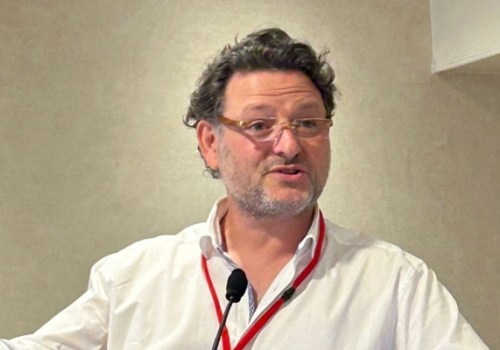
As one of many writers who is openly freaked out about the looming impact of ChatGPT on my job and my business, I finally decided to give it a go in writing a review of the recent Quaynote conference in London entitled: The Future of Superyachts.
In 30 seconds it confirmed two things. I’m right to be worried! Secondly, AI’s quick trawl of the web gave a passable account of the topics we discussed as many of the same issues still apply, but it lacked the detail and plenty has changed over the past two years. You really had to be there to appreciate the mood and sense a shift in the narrative.
Luckily for me, Rob the robot was busy that day, so I’ve tapped into my old school humanity to present a totally biased view of what stood out for me.
Firstly, Andrew Grant-Super of Berkeley Rand wins the vote for chair bar none. An outlier with self-proclaimed impunity, if you can keep up with the speed of his brain it’s a ride worth paying for! He spoke about the bounce back effect post Covid, the lack of scrutiny around markers of success and failure, the role of data, tech and AI, new age crypto, sustainability, a likely stalemate in Ukraine, increasing supply chain issues in China, and the meteoric rise of Arabia. “You’re going to see big macro changes and you don’t know what they are yet!” he said.
No surprises then with his acuity on the order of the day: “The Future of Superyachts is about the future defined by the yacht industry… You’re not driving the market, the market drives you, it’s transactional, it’s a product driven market.”
A number of topical presentations followed, with speakers and panellists discussing trends in the market, the challenges of building and operating superyacht marinas, insurance cover, legal matters, crypto currency, sustainability, and the role of the yachting media. Some were also highly amusing, with the brilliant Claire Ferandier Sicard of ETYC a rising star to watch.
Each and every session was animated and enlightening as business owners delved into the detail with factors currently shaping the market. There were open questions and candid answers, with occasional curve balls from Andrew to liven things up. It was stimulating and refreshing, not a dull moment from start to finish.
But the session that stuck most in my mind was about crew recruitment and crew retention, not because it was the most interesting or the most controversial, but simply because it’s the one area where progress is conspicuously slow. A shortage of good crew is still the industry’s greatest challenge, and despite some very good brains and not inconsiderable efforts, we don’t seem to be able to fix it.
As highlighted by the panel, there’s no lack of good ideas, outreach programs, cadetships, and grants for crew training. Across the industry there’s also much greater awareness and support around mental health, a greater understanding of the financial and ethical imperatives of diversity in the workplace, and wholesale agreement on the need for better leadership.
On the flipside it’s true that we’ve also had to contend with the challenges posed by Brexit and false representation in the shape of Below Deck. But somehow it doesn’t add up. There’s no denying this is a highly complex issue with numerous layers to unpick, but more and more it seems the primary barriers are coming from within.
As alluded to by Andrew, if the market is the driver, who exactly are the people deciding who does or doesn’t fit the bill, and how often is it actually the owner? I’ve lost count of the anecdotes where a perfectly good candidate is blocked by a captain or a management company for reasons unto themselves. So why and where do we have these road blocks, and what are we going to do about it?
More gravely, and consistent with the industry’s general direction of travel, the persistently high rates of crew turnover are a blinding testament to the way we value physical assets over human beings. Market driven or not, this is a service industry after all, and we cannot deliver at the level expected without healthy, happy and competent crew.
We’re all someone’s child, and many of us are parents ourselves, so I often wonder at the disconnect between what we want for our own and what we’re happy for others to endure on our behalf. Even if you loathe your offspring, the many benefits of reduced turnover in terms of safety, service levels and cost savings are well documented - there’s no route to argue a way out of this one.
Undoubtedly, the lack of uniformity across a fleet of individually owned vessels poses a challenge unique to our industry, but it’s a challenge we must overcome. The superyacht industry is not renowned for its willingness to collaborate, but if ever it were needed it’s now.
I’d like to extend huge thanks to Lorna and Alison at Quaynote for an outstanding event. See you next time!

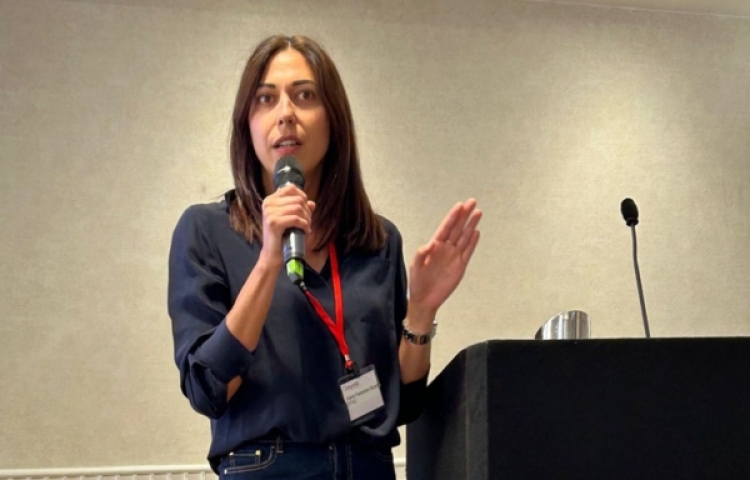
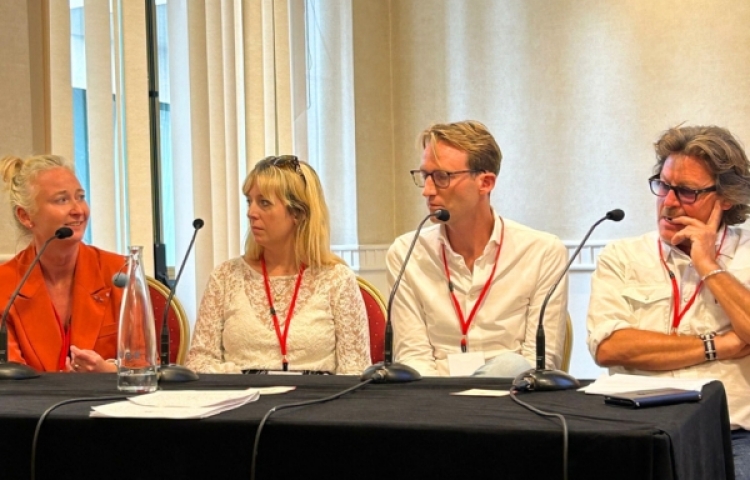
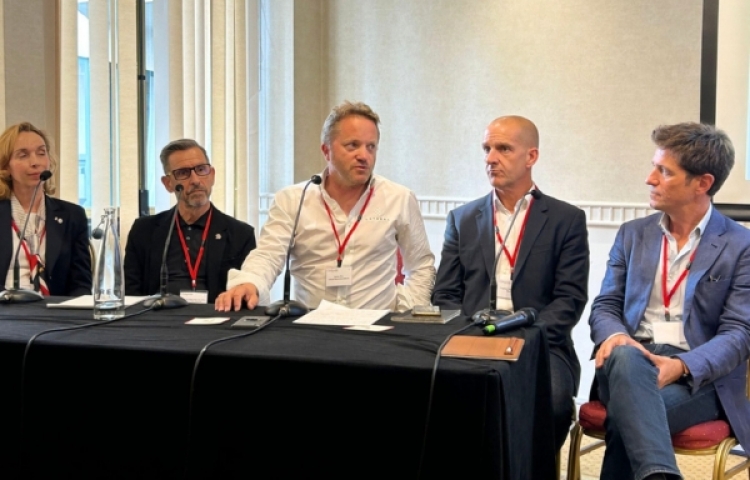
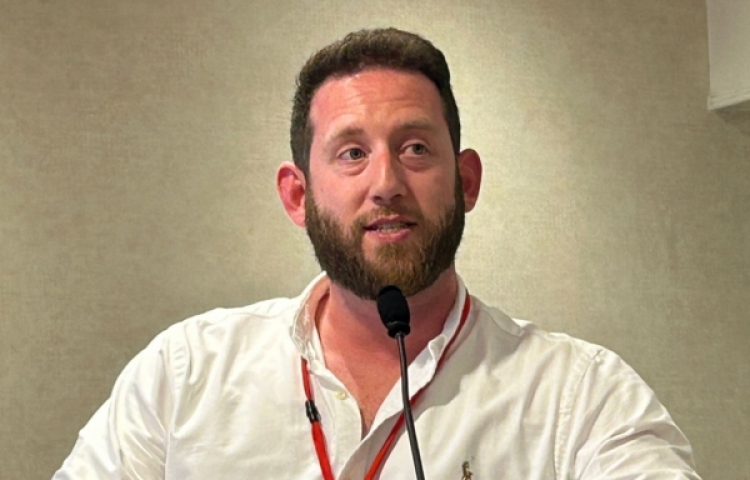

Post your comment
You cannot post comments until you have logged in.
Login to post a commentComments
No one has commented on this page yet.
RSS feed for comments on this page | RSS feed for all comments